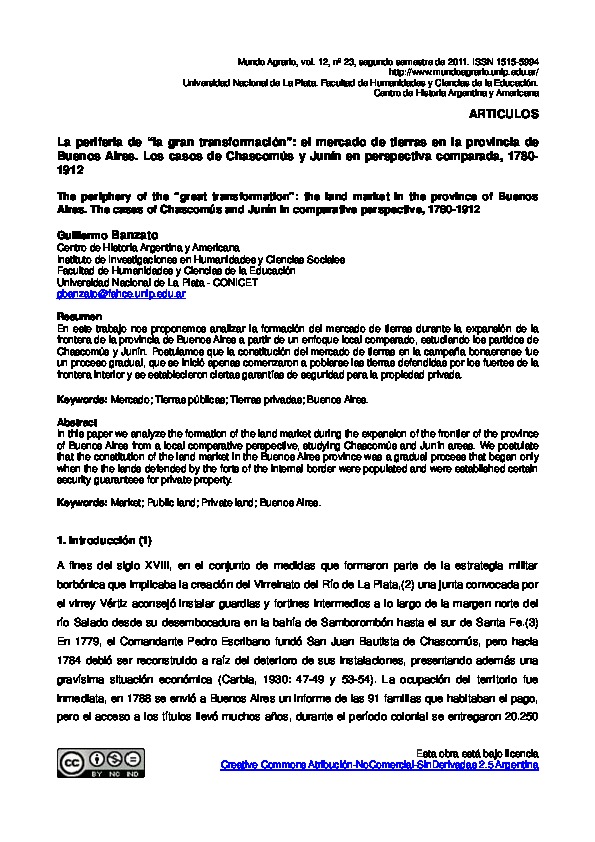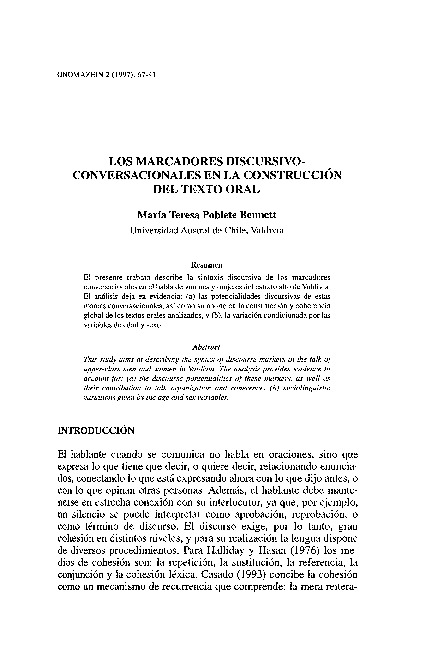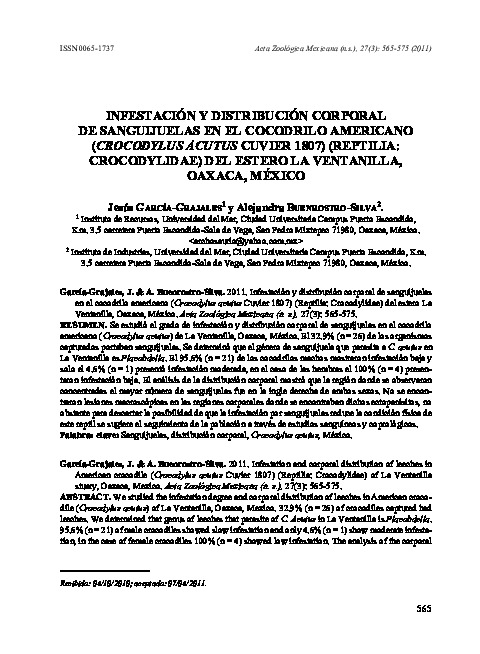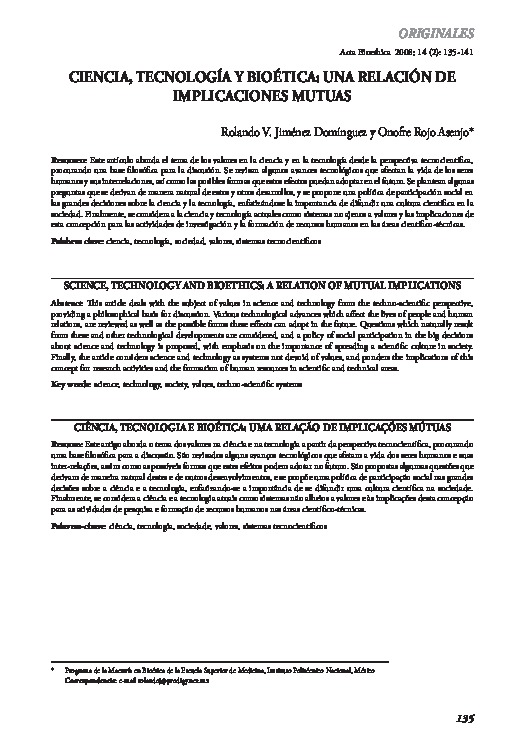Textos
Texto
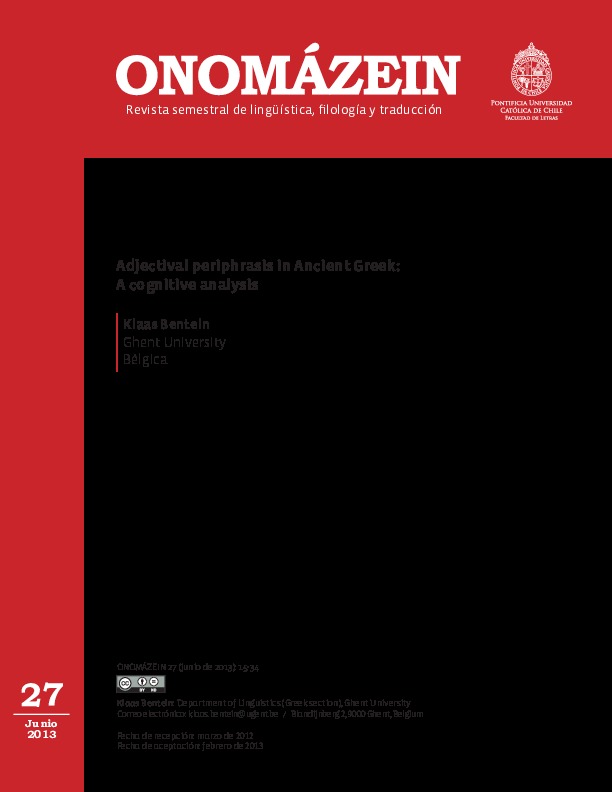
Adjectival periphrasis in Ancient Greek: A cognitive analysis
Descripción
In this article, I discuss Ancient Greek constructions consisting of a form of the verb eimi ‘I am’ and a present, perfect or aorist participle. In particular, I focus on those uses where the participle is said to have an “adjectival” function. My main goal is to provide a unified semantic description of this phenomenon, adopting a cognitive framework. I show that adjectival periphrasis typically involves the predication of properties, which can be characterized in terms of low transitivity (Hopper & Thompson, 1980). I furthermore argue that a so-called “property reading” involves a particular kind of conceptual integration, whereby only one component state of the verb eimi is elaborated by the participle.
Bentein, K. (2013). Adjectival periphrasis in Ancient Greek: A cognitive analysis. Onomázein, nro. 27, pp. 15-34.
Categorias:
Colecciones:
Recuerda
La cultura y la educación necesitan de tu apoyo activo.
Información del autor

ACUEDI
ACUEDI son las siglas de la Asociación por la Cultura y Educación Digital. Somos una asociación civil sin fines de lucro, con sede en Lima (Perú), fundada en noviembre del 2011. Nuestro principal objetivo es incentivar la lectura y la investigación académica, especialmente dentro de espacios digitales. Para ello hemos diseñado una serie de proyectos, todos ellos relacionados entre sí. Este es nuestro proyecto principal, nuestra Biblioteca DIgital ACUEDI que tiene hasta el momento más de 12 mil textos de acceso gratuito. Como tenemos que financiar este proyecto de algún modo, ya que solo contamos con el apoyo constante y desinteresado de la Fundación M.J. Bustamante de la Fuente, hemos creado otros proyectos como ACUEDI Ediciones, donde publicamos libros impresos y digitales, y la Librería ACUEDI, donde vendemos libros nuestros y de editoriales amigas ya sea mediante redes sociales, mediante esta plataforma, en eventos o en ferias de libros.ACUEDI
